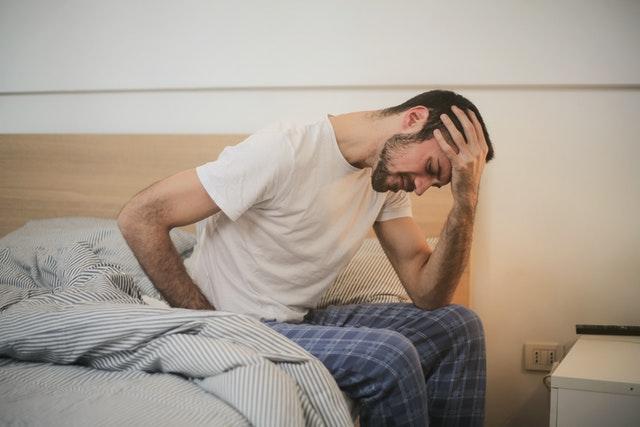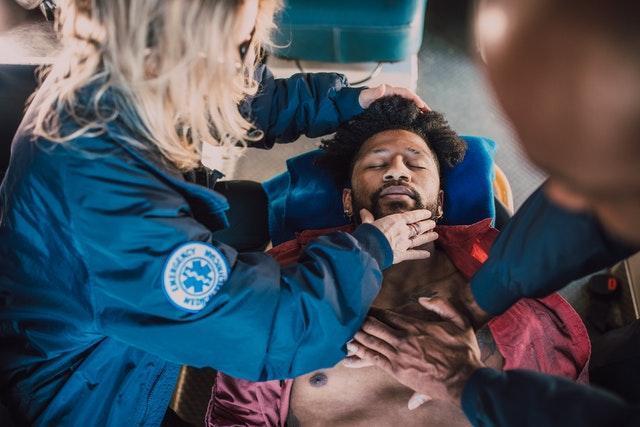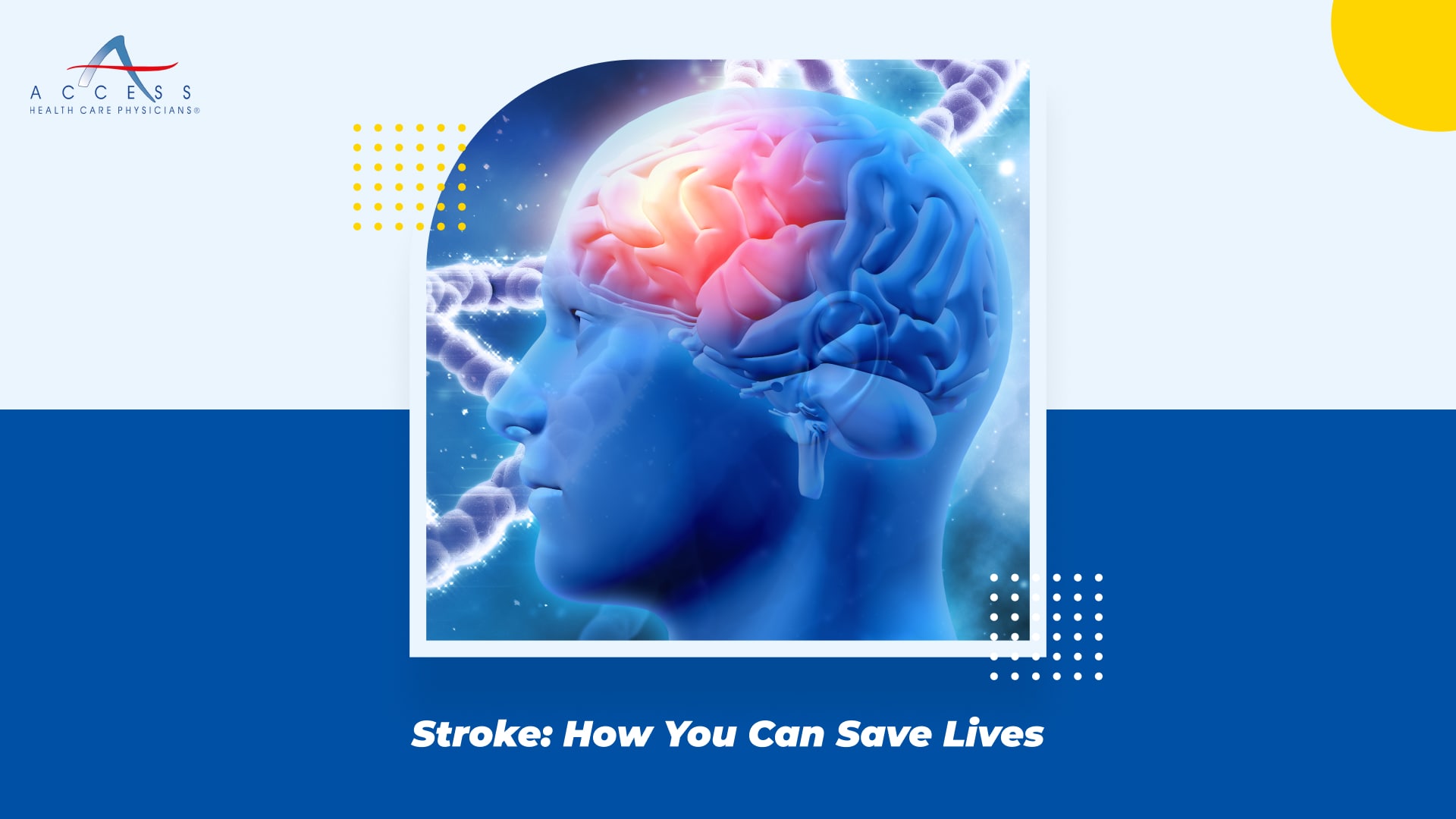If you suspect you or someone you know is suffering a stroke, you should immediately find a medical service near you. When it comes to seeking treatment for a stroke, every second counts.
There are some things you can do as first aid, while waiting for medical help. A little knowledge about what to do when someone has a stroke, can save a life.
Identify Stroke With the 'BEFAST' Method

A stroke is an emergency condition that reduces or blocks the blood supply to the brain. It prevents the brain tissue from getting enough oxygen, which causes the brain cells to start dying. Emergency action can lead to successful treatments and save someone’s life.
The first step is to identify stroke with the 'BEFAST' rule.
Important Note: As soon as you notice anyone experiencing the symptoms below, immediately call 911 and mention the possibility of a STROKE.
B - BALANCE (A sudden loss of balance or difficulty in coordination)
E - EYES (Double, blurred, or complete vision loss symptoms)
F - FACE (Drooping and numbness in face)
A - ARM (Numbness in one arm)
S - SPEECH (Slurred or complete loss of speech)
T - TIME (Immediately call 911)
Things you can do when someone is having a stroke:

Here are some quick dos and don'ts for you:
DO:
- Constantly talk to the person. They should not go to sleep. Ask if they have any illness or they take any medication, and note down all the information. That information can be valuable to the medical team soon to arrive.
- Help them lie down and try to keep them calm.
- Loosen restrictive clothing (ask for permission before hand) and encourage them to relax while the ambulance is on the way.
- Note down all the symptoms and their timings.
- If a person is experiencing a stroke for a second or third time, they may have a clot-busting medication called TPA (tissue plasminogen activator). This medication slows down the process of a stroke. Ask if they have ever taken TPA.
- Give an emergency CPR to the person, if they are unresponsive.
- Even if the symptoms go away, take that person to the hospital and inform his family.
DON’T:
- Don't give them anything to eat or drink. A stroke can cause a reduction in the activity of body muscles, especially facial muscles.
- Don't medicate without proper knowledge or advice from the doctor. It's usually seen that people give aspirin to the person experiencing a stroke. But, it can complicate the case.
- Don't let them walk or drive to the hospital.
The person experiencing a stroke can be your loved one or a stranger. Regardless, ask them to assess the causes of strokes after their recovery. Find a specialty doctor who can advise and prescribe medications to manage and prevent stroke in the future.
The good news is that 80% of strokes are preventable if you take timely actions, including checkups, health monitoring, and lifestyle changes.
With medical tests available, both at home and in various facilities, it's never difficult to evaluate your health. Schedule periodic tests with quality medical services to control and prevent future strokes.


